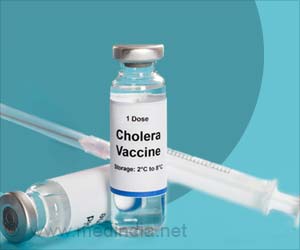Alligator blood could prove to be the source of newer and powerful antibiotics that can fight superbug infections as well as those infections that cannot be treated by routine antibiotics, a new study has indicated.
Researchers have revealed that proteins in gator blood can be a powerful source of new antibiotics to help fight infections associated with diabetic ulcers, severe burns, and ’superbugs’.It could successfully combat Candida albicans yeast infections, known to be a serious problem in AIDS patients and transplant recipients with weakened immune systems.
"We’re very excited about the potential of these alligator blood proteins as both antibacterial and antifungal agents," said Mark Merchant, study co-author and a biochemist at McNeese State University in Lake Charles, La.
"There’s a real possibility that you could be treated with an alligator blood product one day," he added.
Merchant along with his associates Kermit Murray and Lancia Darville from Louisiana State University in Baton Rouge, gathered blood samples from American alligators.
After isolating the disease-fighting white blood cells (leucocytes) they extracted active proteins from those cells.
Advertisement
The proteins also killed six out of eight different strains of Candida albicans.
Advertisement
According to the researchers, the gator blood extract may contain at least four promising substances.
The study was presented at the 235th national meeting of the American Chemical Society.
Source-ANI
RAS/L





